Downsizing For Minimalism
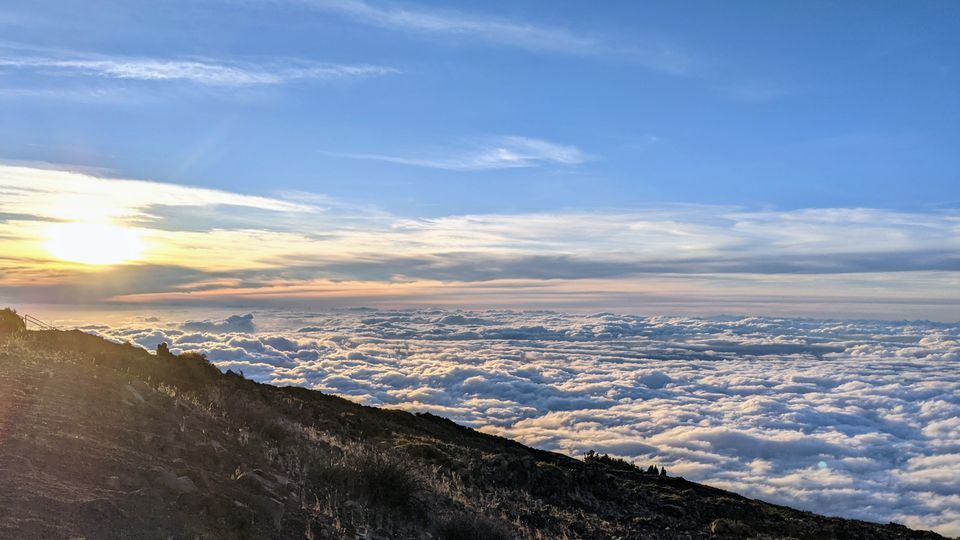
Alternative living can include lifestyles like long-term travel, van life, and minimalism. These lifestyles involve some specific sacrifices to make the most of the experiences. Downsizing is a sacrifice involved and can produce a lot of benefits, but how do we downsize for alternative living?
Downsizing for alternative living involves planning and sacrifices. Sometimes they are trade-offs, or they can be tough decisions to make. Downsizing will include areas of your life like your home, your belongings, and your activities. When you downsize these areas of your life, you'll be able to save money, decrease your environmental impact, and pursue the activities that you love the most.
Downsizing your home
One of the largest items we can own is our homes. Not only are they physically large, but they are also often the hardest to downsize or get rid of. There are options for either keeping the house while downsizing or getting rid of it entirely. The benefits of downsizing your home are perhaps the most financially impactful of any choice. When downsizing your home, some approaches can be selling it entirely, keeping it as an investment, or even moving into something smaller (apartment, van, tiny home, etc.).
When you sell your home not only can you use any potential capital from the sale to fund your alternative living, but you can also get rid of the responsibilities of needing to take care of the property. If you chose to keep your home, renting it out while you're away might be a good option to have income while pursuing your passions. However, this option also comes with some added responsibilities.
There is also the option of downsizing. This can include downsizing homes to something more economical depending on your situation. You could sell your home, and start renting a cheaper place to have a home base for your adventures. Alternatively, you could decide to get rid of a traditional home entirely and make your tiny home or van the only home you have.
The financial benefits of downsizing your home can be incredibly impactful. When you live in a smaller space, you'll likely spend less than when living in a larger home. Selling a house frees up a lot of funds to pursue your interests. It's a lot cheaper to live in a van than in a home. It also frees up a lot of your time and effort when living in something smaller. Not having to mow a lawn, or shovel a walkway makes time for other things that you might find more value in.
Of course, taking this step depends on your particular situation. For example, when I was planning my transition to van life, it didn't make the most sense a financial aspect for me to turn my house into a rental unit. Additionally, I wanted to fully commit to the experience and didn't want to keep costs like rent oh upkeep on the house. I am thankful I have an incredibly supportive partner who has graciously offered to store some of my seasonal items and offered a place to stay when I visit!
There are plenty of options for downsizing your home when you are transitioning to living alternatively. Selling, renting, and moving can all have benefits associated with them like a better financial situation and fewer responsibilities associated with traditional home ownership. With the right planning and sacrifices, it's possible to live a rewarding life however you chose to after transitioning.
Downsizing your possessions
During your downsizing journey, you'll need to think about what items you currently own and what you want to take with you. It's important to be aware of how much space you'll have to take things with you. Getting your possessions down to the bare essentials can be freeing and rewarding in more than one way.
Living alternatively, in relation to long-term travel, van life, and tiny home living, likely means you'll have less space than in a traditional home. It means less space for storage, junk, organization, and ownership of items in general.
Some ways to downsize your belongings are selling items that aren't necessary, storing items in a friend's basement, digitizing as many documents as possible, and trying to use items that serve more than one purpose. One of the most powerful ways that worked for me was going out on a series of trips to hone in on what I actually needed to be happy. This allowed me to take note of what I brought and didn't use, and what I needed that I didn't have. I also chose to build my van in this manner too. Sure, a large water tank that fits above the rear tires sounded great to have, but I found a small water container can be entirely adequate since I also wasn't installing a shower. It allowed me to plan without being wasteful and overindulgent.
Think about if you've used it in the last year. If not, think hard about if you'll actually use it. Think about items that bring you value. If not, it's likely just taking up space. Make smart choices about what you purchase and how much use you can get out of them.
If you were unable to contain your belongings in your new home, then a storage unit might be a good idea. There exists a line between hardcore minimalism and planning for the future that is beneficial to take into consideration. Sure, it might not make sense to take your fancy office chair with you in your van, but it might be such a great item that it is worth holding on to for whatever your future holds. Similarly, seasonal items like skis, or a surfboard might be things that don't make sense to carry with you everywhere you go. A storage unit for these items might make the most sense.
Embracing some aspects of minimalism can go a long way in dealing with belongings. Fewer items can lead to more time spent on what truly matters to you.
Be relentless. Doing this can assist in decreasing your environmental footprint and lessen your distractions so you can spend more time on your passions and hobbies.
Take a look at how these people live with the bare necessities.
Downsizing your activities
The process of downsizing your activities can greatly increase your ability to live and enjoy your alternative life. It's an unfortunate fact that it is hard to live alternatively and have many hobbies and activities. While it is possible, sacrifices will likely need to be made due to the decreased amount of space you have when living alternatively. Sometimes your activities are limited by space, other times they are limited by your surroundings. While it may seem like a large sacrifice, there are a number of benefits to downsizing your activities.
Alternative living might not be the best idea for a serial hobbyist. Sacrifices need to be made for this lifestyle. It doesn't mean you can't continue on with the things you love, it just means you have to be selective about your pursuits. I had always enjoyed spending time outdoors so transitioning into a van was a glorified version of the car that I would sometimes sleep in or even the backpack I would travel with. Since my hobbies were mostly built around the outdoors, bringing my hiking and camping gear was easy. Also, I can easily make space for a bin of climbing gear in the garage of my van.
Choose wisely. You won't be able to bring along all of the items that you had in a traditional home (unless you're in a tiny home or had few belongings to begin with). If you want to keep up with your creative hobbies, intricate painting large wall-sized canvases might not be the best idea while you're on the road. Alternatively, there exist miniature painting kits that are highly portable and are perfect for the vistas you might come across in your van.
Think about the activities you'll be able to do once you transition. If you're heading to South America full-time, then you probably won't need your skis. If you're going to Alaska to try and survive the winter (Don't be like Aaron McCandless), then you might not need your bouldering gear. Having a wall full of board games likely won't come with you in a van. Having a garage for woodworking or vehicle work might not be possible when you live in a cabin off-grid. Keep in mind that you might be out of cell service area, so Netflix might not always be available. Similarly, power might be scarce, so your PS5 might become an expensive paperweight if you need to make the choice between that and your heater.
Doing this allows you to spend more time on the activities that you actually enjoy. It allows you to make more conscious decisions about how you spend your time and really lets you get deep and experienced in the specific activities you want to do.
Take a look at these videos to see people completely embrace a single activity and their build.
Conclusion
Alternative living is a great way to live your life. It has many benefits, but also involves sacrifices to get the most out of it. Once you downsize your home, you can save money and decrease your impact on the environment. Downsizing your belonging is a freeing experience that means you consume less and use more of what you own. Lastly, reducing your experiences can allow you to focus more on your passions.

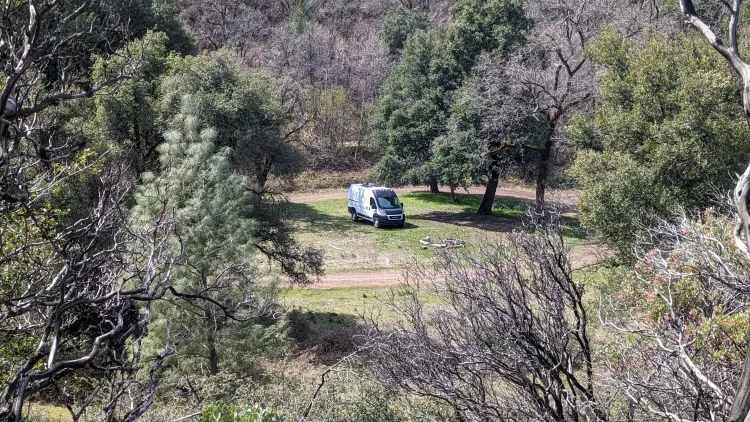
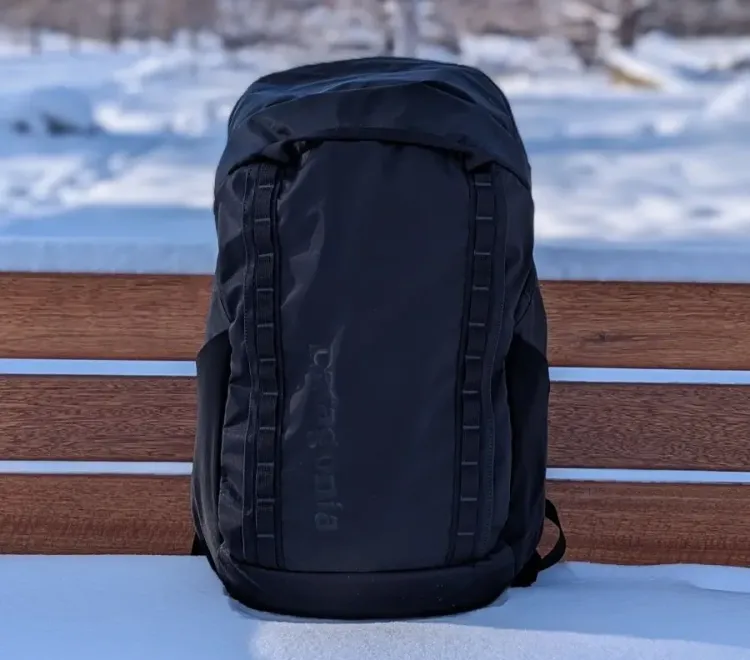
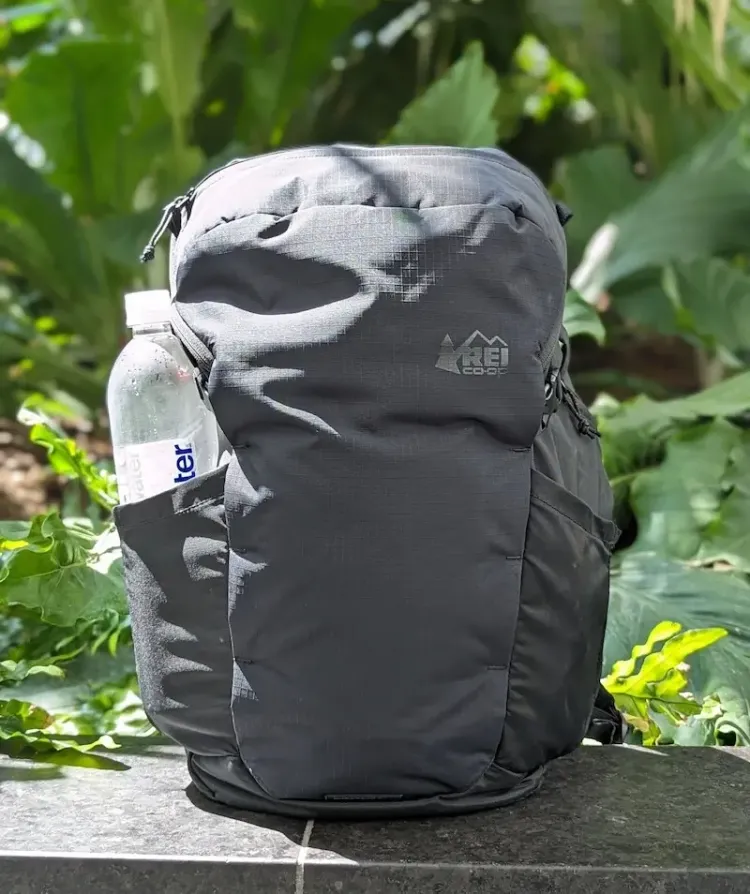
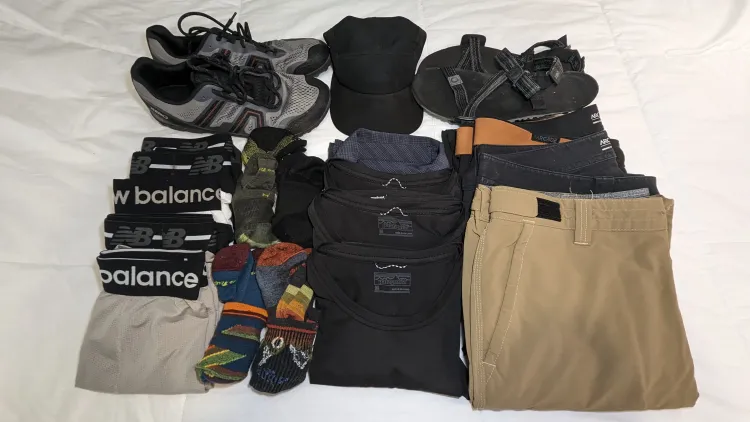
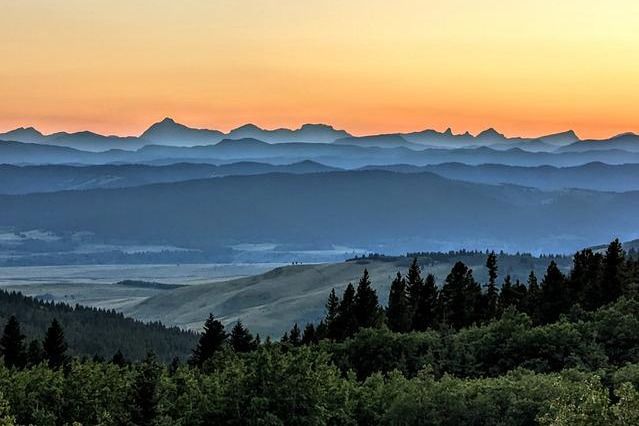
Member discussion